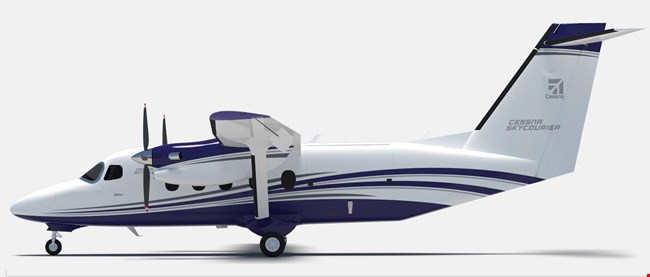Why Shares of Sabre Corporation Were Up Monday
Boston Mayor Marty Walsh joined travel technology leader Sabre to mark the grand opening of its Boston Innovation Lab, the new headquarters for its research and development team, Sabre Labs. From left to right: Andrew…



